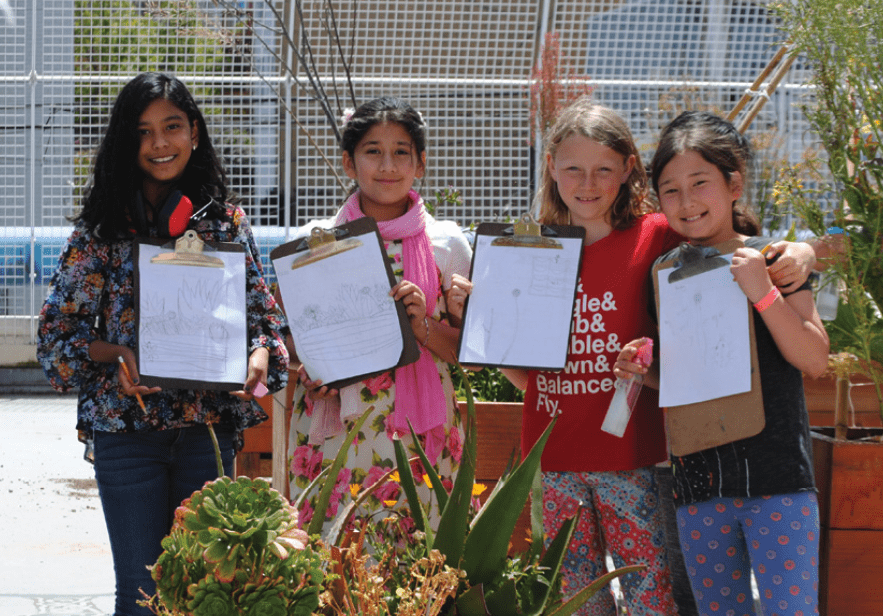The CAELI County Office of Education (COE) Innovation Hub seeks to support all 58 COEs to launch and maintain thriving Environmental Literacy and Sustainability Initiatives. Through the development of tools and professional learning opportunities, the hub builds the capacity of COEs to support their districts and schools in providing equitable access to high-quality environmental education, as well as access to safe and healthy spaces for children, youth, and adults to learn and play.
Learn more about our:
This initiative includes the following key projects:
Sign up to receive updates and stories about environmental literacy in California!
"*" indicates required fields
